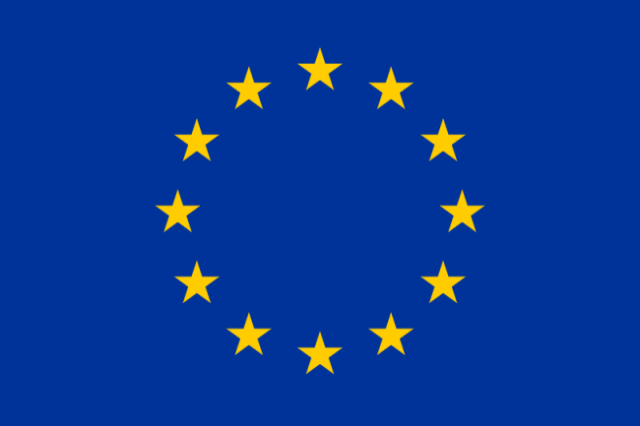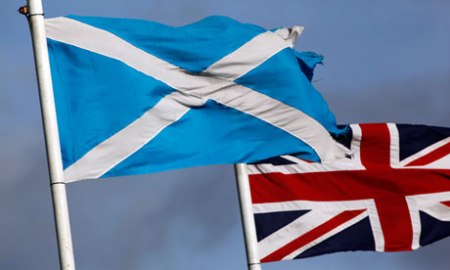The UK European elections are scheduled to take place in a few weeks on May 22nd 2014. The Pro and Anti-EU debate has been intensifying, with both sides stepping up their political rhetoric. One of the main topics within the EU debate is whether the UK should leave the EU. UKIP is certainly a firm believer that the UK should leave the EU, they argue that the UK would be better off by leaving the EU. However this is not a proven fact. The benefits the UK gains from being a part of the EU are immense and should not be ignored. Leaving the EU would mean that the UK would have to give up a lot of political and economic benefits, and it would isolate the UK from the rest of Europe.
There are many benefits that the UK and its citizens receive from being part of the EU. For example the EU provides free trade between all EU countries, greatly increasing the volume of trade the UK can engage in without any barriers or protective tariffs. This provides huge benefits for UK businesses and the economy. Furthermore being part of the EU allows the UK access to Global free trade as well, not just European.
The EU has a massive number of global trade agreements in place, and as the world’s largest trade region, it is in a much stronger position to negotiate hard on behalf of its citizens than the UK by itself. The EU already has a number of agreements with the rising superpower India and the EU is also negotiating Free Trade Agreements with Brazil, the United States of America, Canada, and countless other countries, whilst China has made it clear that it potentially would like to enter into a deal as well.
The critics who argue that the UK does not actually gain much economic benefit from being part of the EU could not be more wrong. UK national income dependent on exports to the EU each year is worth £207bn to the UK economy every year, according to independent research from the Centre for Economic and Business Research. This figure represents 15% of British GDP.
One of the other great benefits that UK citizens get from being part of the EU is free movement within the EU. It is regarded as the EU’s founding vision, and because of the UK’s membership of the European Union, UK citizens can take holidays, travel, and work anywhere in the EU without requiring a visa.
Another great EU benefit which can be felt for UK citizens every day is The Working Time Directive which guarantees workers a minimum daily rest of 11 hours in every 24, a rest break during working hours if the worker is on duty for longer than 6 hours, a weekly rest period of 24 uninterrupted hours for each 7-day period (in addition to the 11 hours daily rest), and paid annual leave of at least 4 weeks per year. This EU law means that workers cannot be exploited by UK businesses, it allows workers more time to be with their family and to engage in leisure activities.
Finally, one other essential benefit (among many) which the EU provides for the UK is Cross-border crime prevention and investigation. The UK is subject to many crimes daily by criminals who often flee to other countries in Europe. Being part of the EU allows the UK police to coordinate and deal with criminals in other European countries efficiently. Furthermore the EU has measures in place to ensure minimum standards of policing and security across the common market. Crime crosses borders, so a cross-border effort to tackle it makes sense.
These are only a handful of important benefits which the UK and its citizens enjoy because of being part of the EU. The EU debate is an important one to have for sure, but overall the EU is organisation which the UK cannot afford to leave politically or economically. Without doubt the UK benefits a lot more from being part of the EU than it would if it left.


